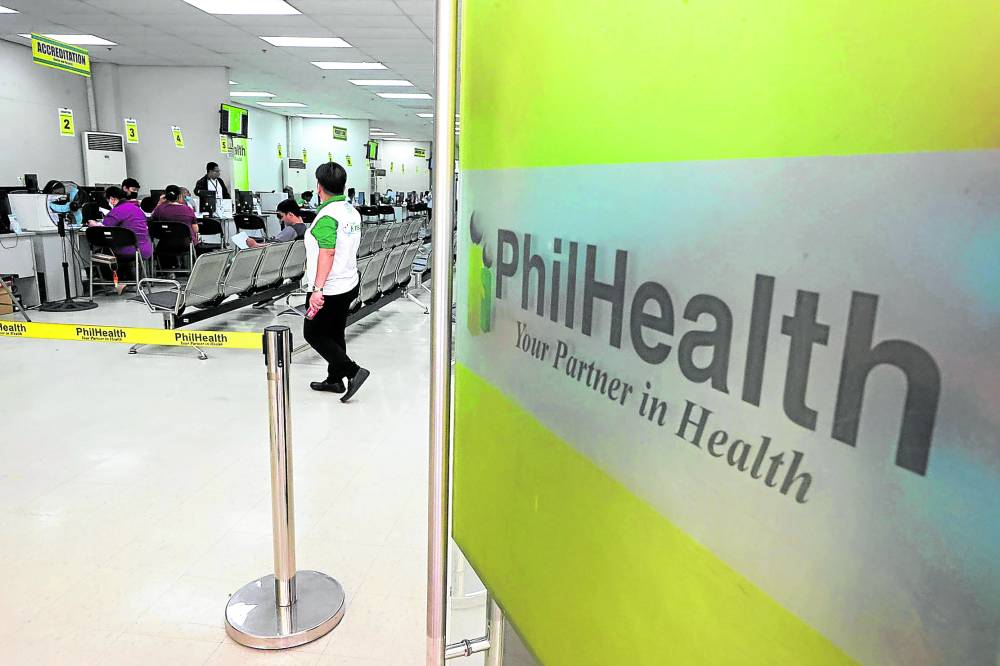MANILA, Philippines — The Department of Finance (DOF) has defended its directive for government-owned and controlled corporations (GOCCs), including the Philippine Health Insurance Corp. (PhilHealth), to remit unused subsidies to the national treasury, saying the excess money can be used to fund projects to help boost the economy.
“First of all, we are just following the order of Congress. It said in the 2024 budget that the DOF should issue a circular to use these funds that are possibly just hibernating or sleeping and not being used by other GOCCs,” Finance Secretary Ralph Recto said at a discussion following President Ferdinand Marcos Jr.’s State of the Nation Address (Sona) on Tuesday.
READ: Watchdogs question PhilHealth fund transfer
The Good Corporate Governance, Office of the Government Corporate Counsel and Commission on Audit had also affirmed the DOF directive was legal, he pointed out.
READ: Bankrolling other services using PhilHealth funds unethical – Makabayan
Recto said the surplus funds would enhance the economy by “approximately 0.8 percentage points,” generating over 600,000 jobs to help the government reach its annual growth target of six to seven percent. According to his projection, the economy will grow by six percent in the second quarter.
The money, he added, would fund some of the priority projects under unprogrammed appropriations. These include the Metro Manila Subway Project, North-South Commuter Railway System and Philippine National Railways South Long Haul Project, among others.
The latest data from the Bureau of the Treasury showed that so far, P50 billion in unutilized subsidies have been remitted to the government—P20 billion from PhilHealth and P30 billion from the Philippine Deposit Insurance Corp. Recto said the DOF was looking at collecting around P200 billion in excess funds from the two GOCCs by yearend.
PhilHealth, for its part, assured members the transfer of excess funds would not affect their benefits, adding that these would instead be expanded and enhanced according to the benefit plan approved by its board.
